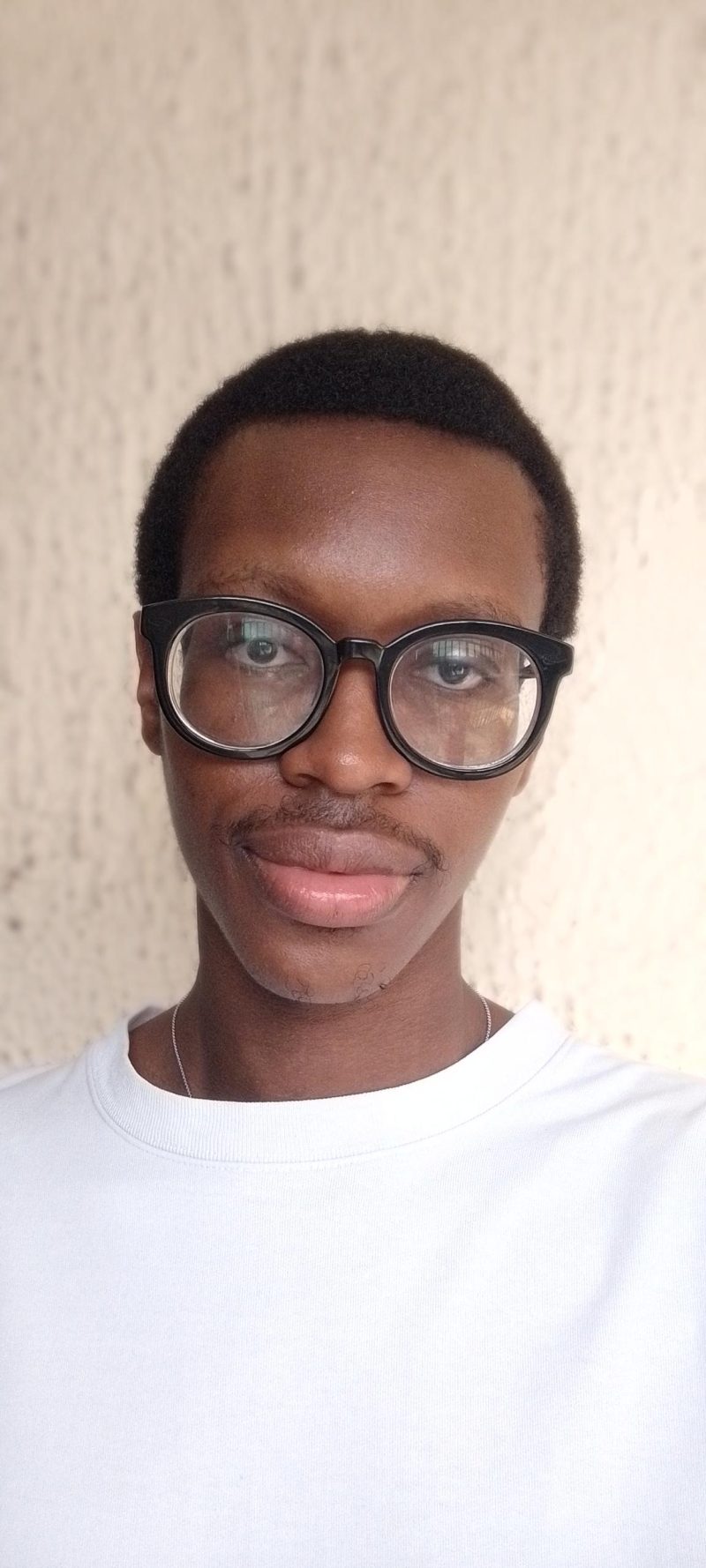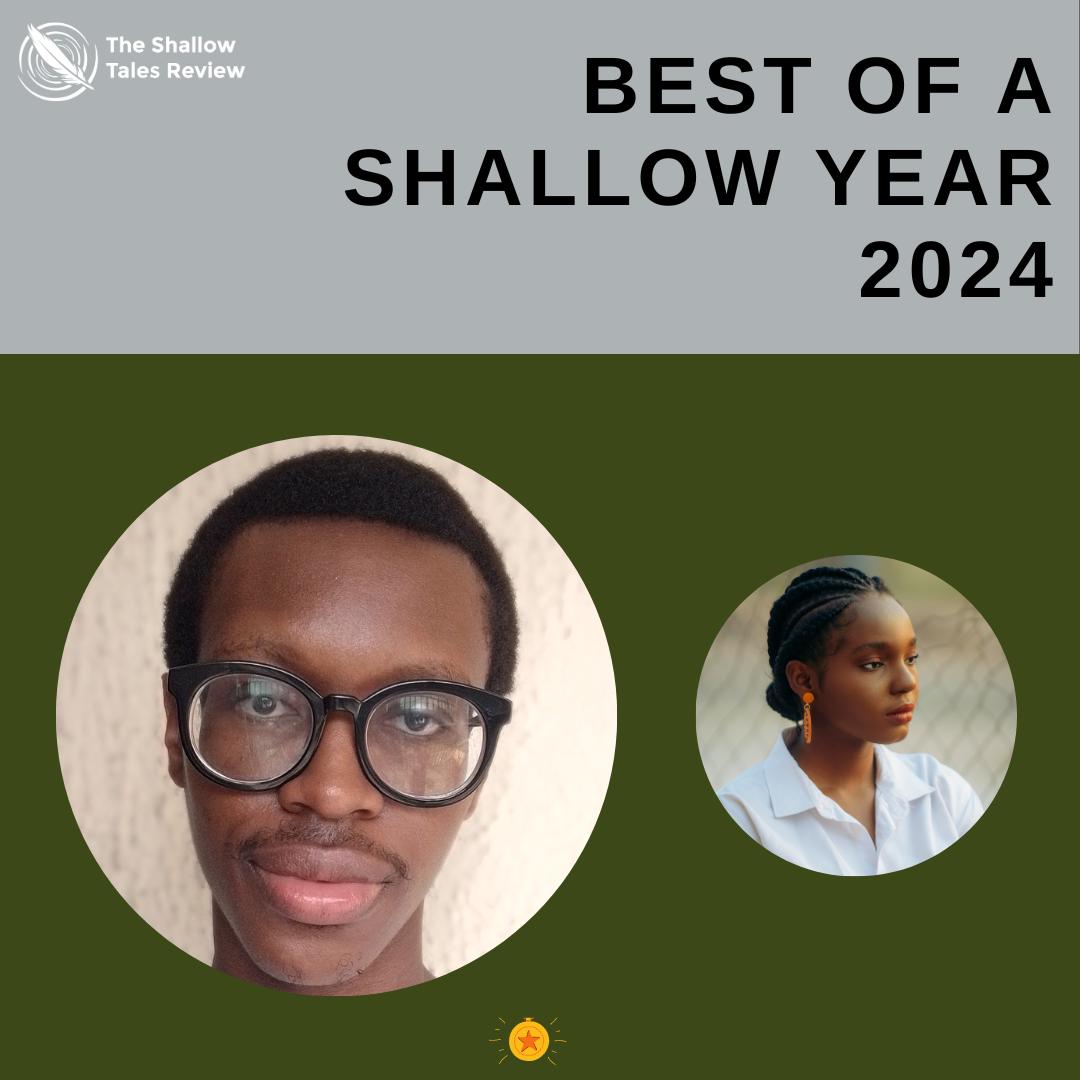What inspired your poem, and how did you approach its creation? Take us through the writing process.
The inspiration behind this poem was drawn from life. The banality of it. At the time I wrote The Towel of Our Tongues, I was weighed down by the pressure to achieve certain goals, deliver, and be in a constant state of motion. In the process, I began to put to the side other equally important things. But life has a way of shaking you awake. For me, that jolt came with the loss of someone dear to me—someone I had promised to spend time with when I was a little less occupied. It was a stinging reminder of what we so often forget: life is an unrelenting forward march completely indifferent of us. I was reminded of this reality in a way I would rather not have been. It was this that inspired the poem, the need for amendment. The need to be present, despite the rigors of living.
As regards the writing process, for me, there are no rituals. I wait for no muses. I simply write as it comes to me. This poem was, however, peculiar, because it was written in reverse order. The last part being “the after-party” was the first to come to me. The others were written afterwards.
How does this work reflect your growth as a writer or your creative perspective on the world?
I think the poem reflects my growth in the sense that it involves a great deal of personalisation. For context, the poem is about an event in my life and the preparation for it, all of which happened under forty hours. When I began writing, I read authors give such advice as “Write about what you don’t know, about what you are trying to understand.” I spent a large part of a long while trying hard to do this. But this wasn’t always the right approach for me. While I agree with the argument that life is a process of exploration, I have found that the best writing I have done is born from a place of knowledge, of familiarity with the subject, of intimacy. I shifted from scrambling for purchase in the dark, to bringing light into a room already lit, however dimly. The Towel of Our Tongues is evidence of this change to what I think is a satisfactory extent.
How do you balance personal expression with connecting to your audience through your work?
To be truthful, I would say I achieve the balance through clarity. Through coherence. Every poem is about a thing, or a number of things. This is common knowledge. What makes the audience able to comprehend what the poet is attempting to communicate is clarity. As a reader of poetry, I think (and often complain) that this is where some poets fail. In an attempt to be poetic, they create a labyrinth and lose the reader in its twists and turns. Chimamanda Ngozi Adichie, a novelist I deeply admire, said that writing ought to be clear, because it is sometimes easy to confuse a thing that is badly written for one that has great depth. I agree with this. I try to maintain this balance spoken of by striving to always remember that even though poetry is not prose, and even though it grants far more license than prose does for the use of language, the aim is always to communicate. And in order to communicate, one must first be comprehensible, clear and coherent.
How do you know when your work is ready to be published/ submitted to editors?
I am fairly certain that I have never once thought any work of mine finished, talk more of ready for editors. I suspect this might be one of the greatest strains of being a creative, that sense of insufficiency and the perpetual incompleteness of your work. Whenever I look at a poem, there is one word or phrase or an entire verse that seems out of place, that needs to be calibrated, taken out, replaced. Very rarely do I examine a poem and think to myself, Ah, a finished job. For this reason, one of the most difficult parts of writing for me is submitting my work, because this act feels in a way like offering up a fraction of yourself and asking that it be judged. At the same time, this is what makes it all the more exhilarating. How someone, somewhere else, perhaps in another continent, with an entirely different orientation and leaning from yours, could potentially look at a poem of yours, an essay, a short story, a painting, and think to themselves, Yes, I understand. Yes, this feels right. The possibility of transcending merely being witnessed. The possibility of being seen. This is the poet’s reward.
How would you rate your writing now and say 5 to 10 years ago?
I began trying my hand at writing only a few years ago, and when I began, I was driven by a visceral need to express myself eloquently, to ell a story to my taste and what I believed were acceptable standards. As someone who has been shaped by the writing of literary giants like Safia Elhillo and Chimamanda Adichie, you can imagine how high the bar was set. This approach of mine to writing gave birth to lots and lots (and, I mean, LOTS) of half-baked poems and disjointed stories teeming with maudlin characters. I was ambitious but not very skilled. Much has changed since then. Writing is no longer a thing of ambition for me, and so I would say I certainly write with more ease than I did in the beginning. I write from a place of understanding. Understanding that all I need to be is competent, perspicuous. More than that, I have learned not to wait for inspiration, that sudden spark of brilliance in the shower or the epiphany on a hurried Tuesday morning. Now, even on my most difficult writing days, I know this: I am still a poet.
Read and listen to “The Towel of Our Tongues” here


